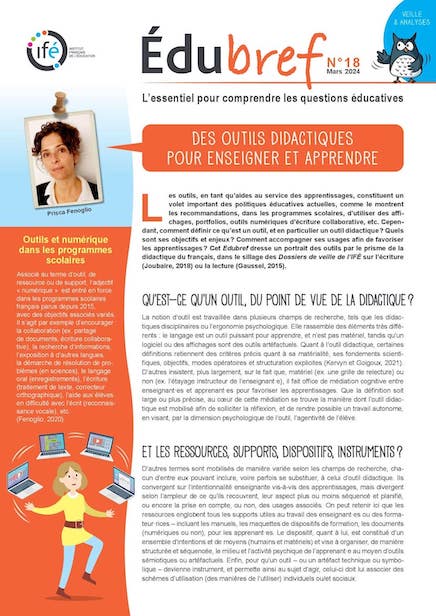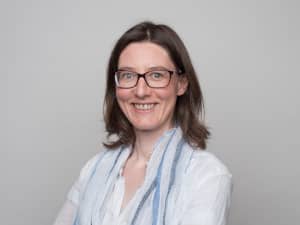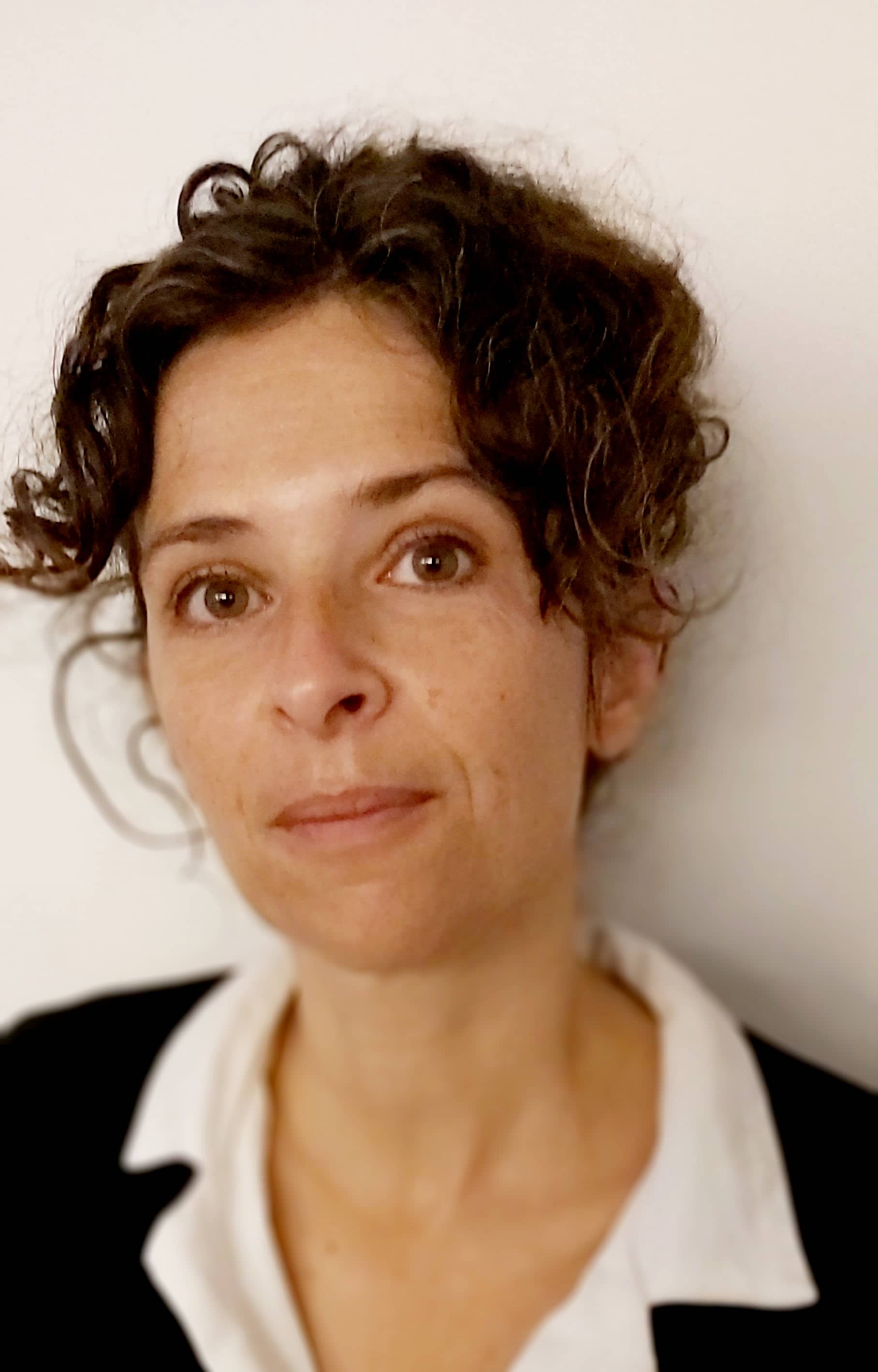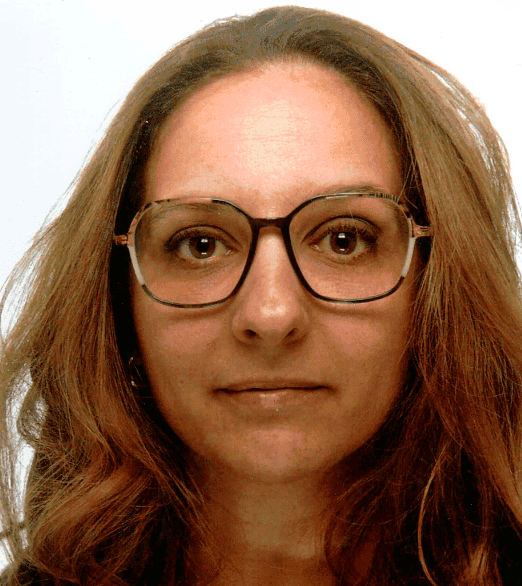Fostering higher-order thinking skills online in higher education A scoping review
Editeur(s) : Organisation de Coopération et de Développement Économiques - OCDE (OCDE)
Date : 02/2024
This scoping review examines the effectiveness of online and blended learning in fostering higher-order thinking skills in higher education, focussing on creativity and critical thinking. The paper finds that whilst there is a growing body of research in this area, its scope and generalisability remain limited. Current evidence suggests that, for most students and contexts, in-person learning yields better or equivalent outcomes for higher-order thinking skills than fully online learning. However, blended and flipped learning show promise. In some cases, they may be more effective than in-person learning to develop higher-order skills. The review aims to be of use to higher education practitioners by synthesising, for the first time at such a scale, the diverse literature on what supports students to develop these skills online. This has been linked to active and interactive online learning, well-structured project-based learning, disciplined questioning, students labelling relevant dimensions of their thinking, and regular, quality instructor and peer feedback. The review calls for improved research design to understand the effectiveness of different modes of learning and address gaps in the literature, which include fostering creativity online and ensuring equitable online skills development across disciplines and teaching contexts. Policy implications include the need to integrate attention to higher-order thinking skills into professional learning, innovation funds, national networks and quality assurance to support effective online teaching of these skills across higher education systems.
Télécharger le document : https://doi-org.acces.bibliotheque-diderot.fr/.../19939019
mot(s) clé(s) : culture médiatique et numérique














